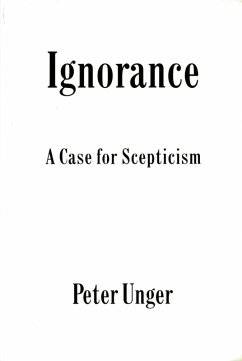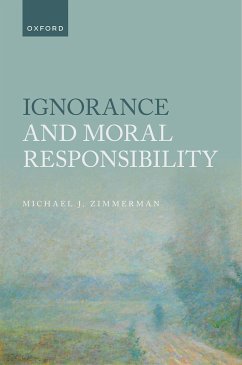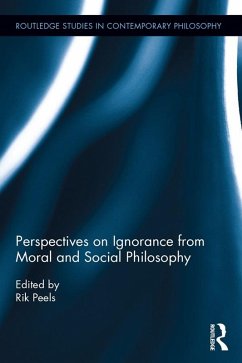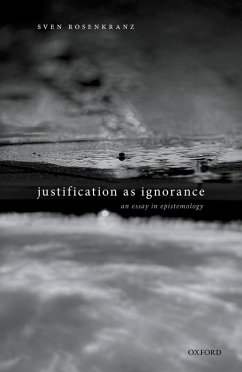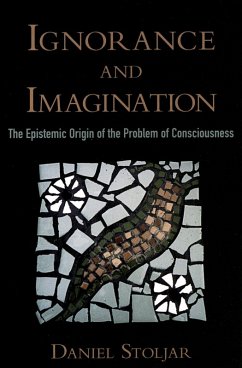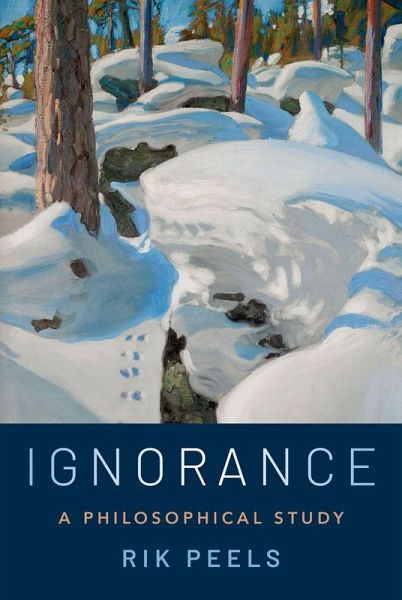
Ignorance (eBook, ePUB)
A Philosophical Study
Versandkostenfrei!
Sofort per Download lieferbar
26,95 €
inkl. MwSt.
Weitere Ausgaben:

PAYBACK Punkte
13 °P sammeln!
Ignorance: A Philosophical Study provides an in-depth exploration of ignorance in its many dimensions. Philosophers have long examined epistemological concepts like belief, knowledge, and understanding, but they have paid less attention to ignorance. Socrates famously claimed to be ignorant about a wide variety of issues, such as physical matters and ethics, but did not study ignorance itself. It was not until the 1960's and 70's that ignorance itself became a topic of concern in philosophy, when the fields of agnotology, philosophy of race, and feminist philosophy were born. These fields, how...
Ignorance: A Philosophical Study provides an in-depth exploration of ignorance in its many dimensions. Philosophers have long examined epistemological concepts like belief, knowledge, and understanding, but they have paid less attention to ignorance. Socrates famously claimed to be ignorant about a wide variety of issues, such as physical matters and ethics, but did not study ignorance itself. It was not until the 1960's and 70's that ignorance itself became a topic of concern in philosophy, when the fields of agnotology, philosophy of race, and feminist philosophy were born. These fields, however, focused on specific properties of ignorance, rather than ignorance itself. Rik Peels provides a full-on epistemology of ignorance, and then applies that epistemology to a wide variety of philosophical issues. Among the questions he addresses are: What kinds of ignorance are there? What is it to be ignorant of a proposition? What varieties of propositional ignorance are there? What is group ignorance? What is it for ignorance to come in degrees? What is strategic ignorance? What is "white ignorance"? What does ignorance excuse? When is ignorance culpable? Can ignorance be a proper aim in education? Peels presents a wide-angle exploration that is relevant to the interests of philosophers across epistemology, ethics, philosophy of language, philosophy of science, and other disciplines.
Dieser Download kann aus rechtlichen Gründen nur mit Rechnungsadresse in A, B, BG, CY, CZ, D, DK, EW, E, FIN, F, GR, HR, H, IRL, I, LT, L, LR, M, NL, PL, P, R, S, SLO, SK ausgeliefert werden.




